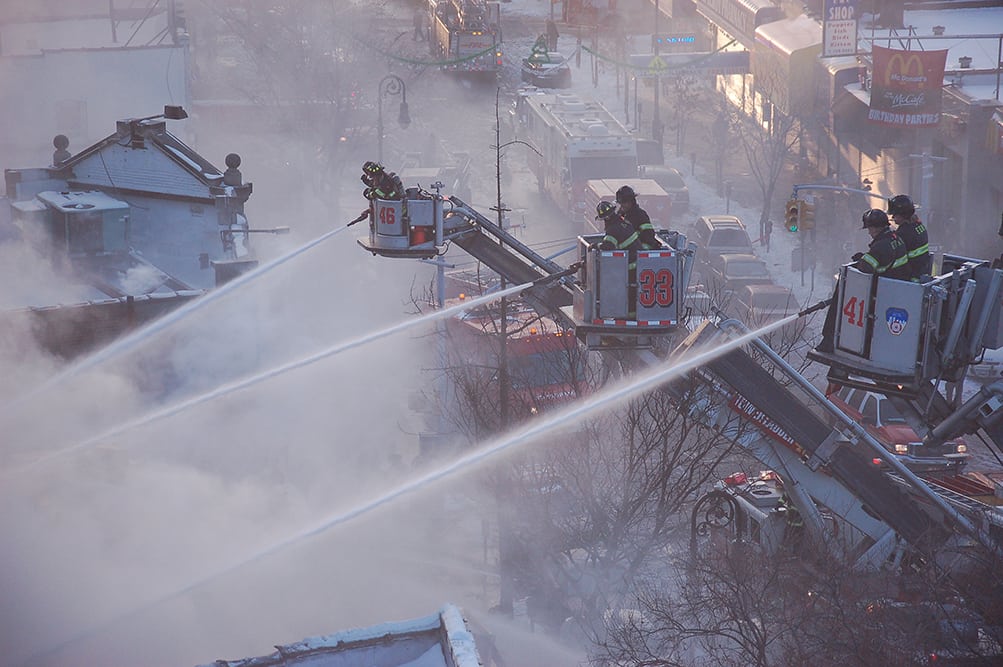August 17, 2017
Firefighting is a career for individuals who are physically and mentally fit. While both men and women fire fighters feel the pressure to be strong inside and out, many female fire fighters experience additional stressors while working in a field where they comprise just 4 percent of the workforce. Studies show that women working in male-dominated careers, such as firefighting, experience greater levels of job strain, stress, anxiety – and sometimes, lower job satisfaction.
These negative effects likely happen for a variety of reasons. Many women may go to great lengths to fit in at the station. Some women keep their emotional and physical performance under control to conform. Over time, this can lead to dissatisfaction and loneliness. Depression may also be triggered if a person continuously feels left out, as many female fire fighters often do. Exclusion from social activities both inside and outside the work environment can leave these individuals feeling rejected and alone.
Substance abuse, another common behavioral health concern in the fire service, is not a gender-specific problem. Both men and women turn to alcohol and other substances to relieve stress from the physical and emotional demands of firefighting. This unhealthy coping mechanism can easily slip into substance abuse, which often goes hand-in-hand with other behavioral health problems, such as depression and post-traumatic stress disorder (PTSD). This risk associated with frequent alcohol or drug use is even greater for women, as it takes smaller amounts of substances for a woman to overdose.

Some female fire fighters have additional stressors when it comes to juggling careers and families. While society has taken real strides toward gender equality, many women are still expected to be the primary caregivers in their homes. Balancing work and home life with long shifts at the firehouse can seem impossible, especially in the face of unrealistic expectations from those with more traditional mindsets.
If left unaddressed, these stressors can become too much. Fortunately, there are countless resources available to help women take care of their health and ensure they are their best selves. The IAFF Center of Excellence for Behavioral Health Treatment and Recovery is a resource open to all IAFF members that provides evidence-based treatment for both substance abuse and mental health issues. The Center of Excellence also arranges for support after treatment, which is an equally important stage of recovery.
All fire fighters – male or female — want to perform their best and be physically and mentally healthy. Despite fighting fires and running calls side-by-side with their male colleagues, women may face some additional burdens and pressures. Acknowledging these potential differences helps to chip away at barriers that discourage women from seeking the help they need.